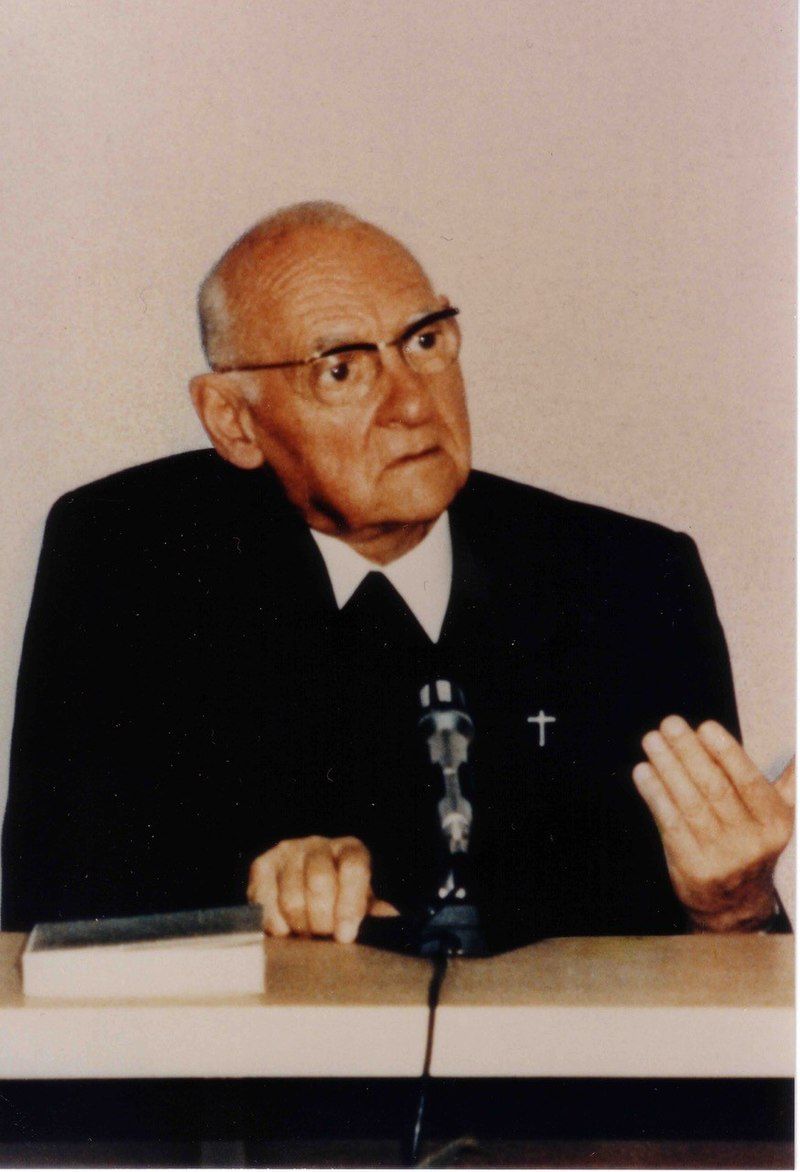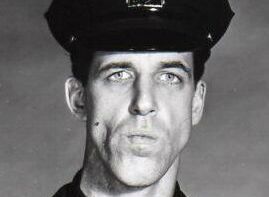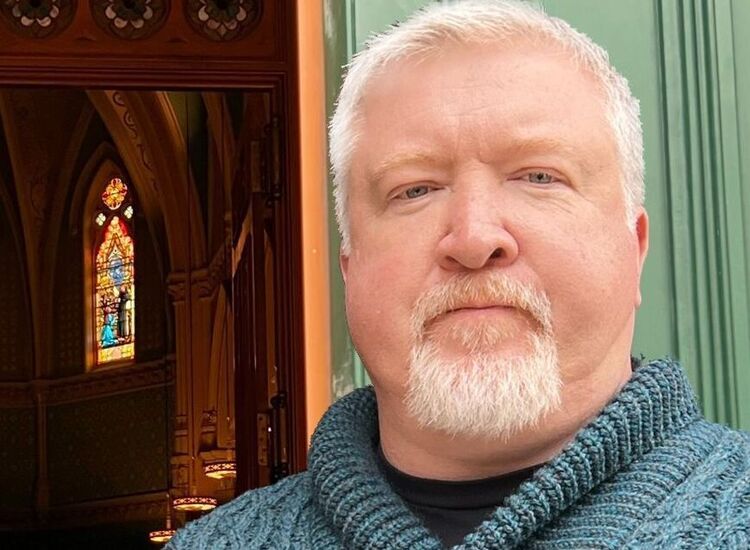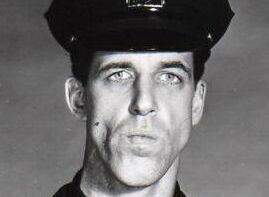We are divided as rarely seen before, the pundits say.
It’s true at a basic level in terms of the division between blue states and red, or at least blue and red regions, politically speaking. At another, it’s not — because if you ask people what it is they believe you mostly get nuance. There are never two views on anything.
We are pluralistic in most other things as the latest Pew Research survey on religious identification once again shows. It seems that there are three groups that each have about a quarter of the population as adherents. But the big takeaway was summed by an NPR.org headline: “Religious 'Nones' are now the largest single group in the U.S.”
The report on Jan. 26, began, “When Americans are asked to check a box indicating their religious affiliation, 28% now check 'none.'
“A new study from Pew Research finds that the religiously unaffiliated – a group comprised of atheists, agnostics and those who say their religion is ‘nothing in particular’ – is now the largest cohort in the U.S. They're more prevalent among American adults than Catholics (23%) or evangelical Protestants (24%).
“Back in 2007, Nones made up just 16% of Americans, but Pew's new survey of more than 3,300 U.S. adults shows that number has now risen dramatically.”
Unsurprisingly, they are not a “uniform group.”
Indeed, the report continues, “Most Nones believe in God or another higher power, but very few attend any kind of religious service.
“They aren't all anti-religious. Most Nones say religion does some harm, but many also think it does some good. Most have more positive views of science than those who are religiously affiliated; however, they reject the idea that science can explain everything.”
And the evangelical Protestants are not a uniform group, as we know from reports that support for Trump in the rank and file is causing problems internally. Meanwhile, the Catholic category includes people with a wide range of views on most issues.
Not that such pluralism leads inevitably to peace. I remember hearing the Jesuit author the Rev. James Martin saying in a WNYC interview with Brian Lehrer that religion is one of those things that can get people really angry. We saw a touch of that last week with reports of what Pope Francis said about hell in a television interview.
The website of the United States Conference of Catholic Bishops no less had a report headlined, “Social media in flames: Pope targeted for not preaching fire and brimstone.” And the subhead was, “Reaction was strong to Pope Francis' statement that he hoped hell would be empty.”
The report said, “Dozens accused the pope of ‘universalism,’ a belief, condemned by the church, that all souls go to heaven whether or not they repented of their sins.”
But it added that on X, formerly known as Twitter, the pope’s defenders cited the Fatima prayer, “O my Jesus, forgive us our sins, save us from the fires of hell; lead all souls to heaven especially those who are in most need of your mercy."
This is a media rerun of a controversy in 2018 when Francis was apparently misquoted by prominent journalist Eugenio Scalfari. At the time, Catholic.com ran with “Did the pope really say hell doesn’t exist?” It put his actual stated views in some context, aligning them with those of a predecessor who said hell wasn't necessarily a physical place. According to John Paul II, “Hell indicates the state of those who freely and definitively separate themselves from God, the source of all life and joy.”
However, Catholic.com then linked to a related piece by author Karlo Broussard entitled “Hell is Real – and Just.”
If they’re not angry, folks often sound as if they’re on the verge of being, well, judgmental. Broussard referred to Scalfari as the pope’s “longtime atheist friend,” and bypassed the Vatican’s official denial with the words “Whatever Pope Francis said or didn’t say” before going on to outline his (Broussard's) arguments on why “the everlasting punishment of hell is a matter of justice.”
In 2024 in the spirit of their original mission, the Jesuits, in their New York-based weekly magazine America, went to the defense of the pontiff.
In "Who's in hell? Hans Urs von Balthasar had thoughts," senior editor James T. Keane recalled the views of “one of the more prominent theologians of the past century," who was promoted to cardinal by Pope John Paul II.
Keane said, “Pope Francis is not the first to raise the possibility that hell is empty, something that can sound surprising if you were taught that hell is crowded and hot and that there are probably demons setting up your particular lake of fire right now.
“[Von Balthasar] did not deny the existence of hell but asked in a 1988 book: ‘Dare We Hope That All Men Be Saved?’ His answer was a surprising one: We are probably not all saved, but it may be part of our Christian duty to hope so. Otherwise, we limit the mercy of God.”
Towards the end of his discussion of Catholic teaching on the issue, which includes a quote from the late Jesuit theologian Cardinal Avery Dulles, Keane writes, “So yes, hell exists. And no, it’s not up to you to decide who is there and why.”












